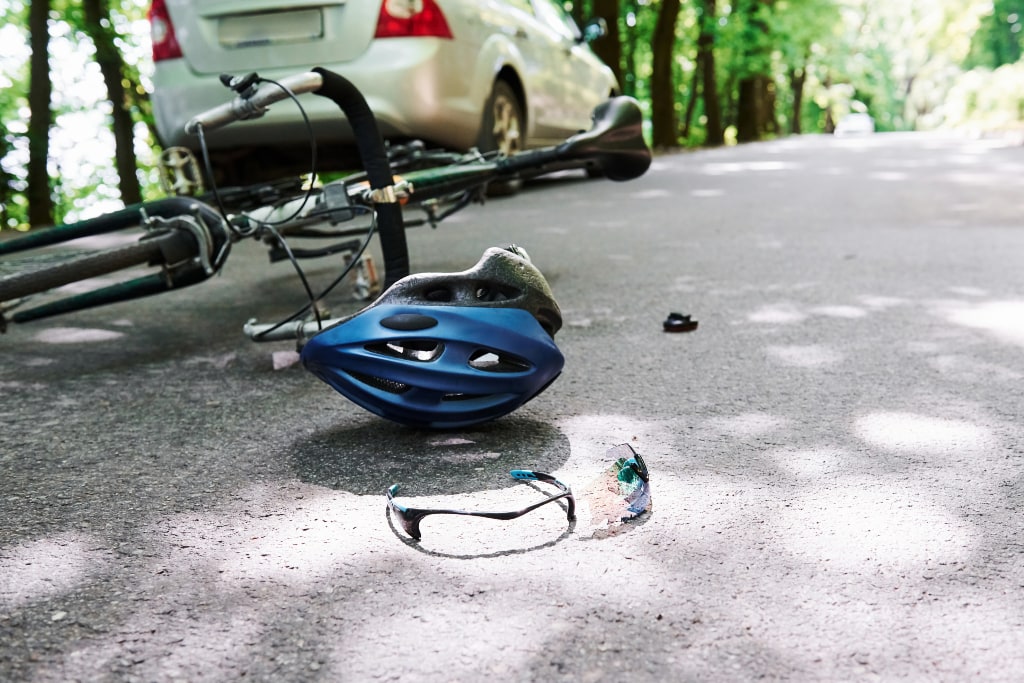Top Rated Criminal Lawyers | Call Us 24/7 AT (416) 658-1818

Careless driving encompasses many forms of driving conduct, but there is a difference between careless driving and dangerous driving. Careless driving offenses are under Ontario’s Highway Traffic Act and will appear on your driving record, whereas dangerous driving is a criminal offense under the Criminal Code and will appear on your criminal record. If you are charged with either careless driving or dangerous driving, it is important to understand the difference between the two.
This article will explain the difference between careless driving, careless driving causing bodily harm or death, and dangerous driving charges in Ontario, penalties for careless and dangerous driving, and possible defenses.
If you have been charged with a driving offense, such as careless driving, contact Pyzer Criminal Lawyers. We will discuss your case with you and determine the best next steps to take.
Careless driving is a traffic ticket under Ontario’s Highway Traffic Act. Police officers may issue a careless driving ticket when they believe a driver was:
Basically, if you drive unsafe or irresponsible, the police can charge you with careless driving. Some examples of careless driving include:
Careless driving causing bodily harm or death is also under the Highway Traffic Act and occurs when careless driving injures or kills someone. Similar to careless driving, the police may charge you with careless driving causing bodily harm or death when they believe a driver was:
You will not get a criminal record for careless driving or careless driving causing bodily harm or death. However, if you are caught and charged with careless driving you can be:
Although careless driving will not appear on your criminal record, a record of conviction or the traffic ticket will appear on your license abstract for three years.
Section 130(1) of Ontario’s Highway Traffic Act states every person is guilty of driving carelessly who:
The Ontario Highway Traffic Act defines in section 130(4) what is deemed to drive without reasonable consideration for other persons using the highway:
To be found guilty of careless driving, the Crown only needs to prove that you were driving carelessly. The Crown does not have to prove you intended to drive without care. Unless you can prove the careless driving was done without negligence or fault, you will be found guilty of careless driving.
Penalties for Careless Driving – s. 130(2) of the Highway Traffic Act |
|
Penalties for Careless Driving Causing Bodily Harm or Death – s. 130(4) of the Highway Traffic Act |
|
Dangerous driving is a criminal offense under section 320.13 of the Criminal Code. There are three offenses under section 320.13 that constitute dangerous driving:
Dangerous Operation – Section320.13(1) |
You commit an offense if you operate a conveyance (a motor vehicle, vessel, aircraft or railway) in a way that, having regard to all of the circumstances, is dangerous to the public. |
Operation Causing Bodily Harm – Section320.13(2) |
You commit an offense if you operate a conveyance (a motor vehicle, vessel, aircraft or railway) in a way that, having regard to all of the circumstances, is dangerous to the public and, as a result, causes bodily harm to another person. |
Operation Causing Death – Section320.13(3) |
You commit an offense if you operate a conveyance (a motor vehicle, vessel, aircraft or railway) in a way that, having regard to all of the circumstances, is dangerous to the public and, as a result, causes the death of another person. |
Examples of dangerous driving include:
If you are convicted of a dangerous driving offense under the Criminal Code, you will have a criminal record. The Criminal Code lays out the following penalties for dangerous driving:
Offense | Penalty |
Dangerous Operation – Section320.13(1) |
|
Operation Causing Bodily Harm – Section320.13(2) |
If the Crown proceeds by indictment:
If the Crown proceeds summarily:
|
Operation Causing Death – Section320.13(3) |
|
The specific sentence you receive is determined by the sentencing judge. The sentencing judge will consider aggravating factors which add to your sentence, and mitigating factors which add less time to your sentence. Some aggravating circumstances a judge can consider are included in section 320.22 of the Criminal Code:
Conveyance: means a motor vehicle, a vessel, an aircraft or railway equipment.
Operate: means
Vessel: includes a hovercraft.
If the police issue you a careless driving ticket, you can challenge the officer in front of a judge. If you want to dispute a careless driving charge, you will bear the burden of convincing the judge you were:
If you are thinking about fighting your careless driving tickets, give us a call to discuss what options might be available for you. A dangerous driving ticket is a criminal offense with life long implications. Having a criminal record of any sort can affect your ability to obtain employment, and travel across the US border, for instance.
Call Pyzer Criminal Lawyers today. We will appear in court on your behalf, and present the best possible defense. Contact us for a free case evaluation, and see what our clients are saying about us.